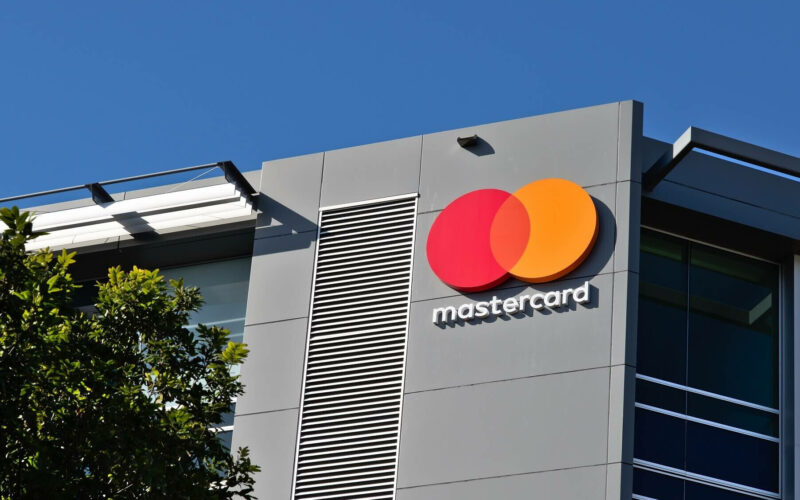Global payments giant Mastercard is planning to collaborate with self-custody wallet firms, such as MetaMask and Ledger, as part of its strategic push into the Web3 space.
Integration of Payments Cards and Self-Custody Wallets
In a recent internal report from a Web3 strategy workshop, CoinDesk revealed that Mastercard believes integrating payments cards with self-custody wallets can be a mutually beneficial endeavor. This integration would help wallet providers increase their user base and user loyalty, while cardholders would enjoy the convenience of seamlessly spending their cryptocurrencies.
However, Mastercard acknowledges the challenges related to launching cards in new regions. In order to address this, the company and its issuance partners are ready to provide support.
Exploring New Models for Global Issuance
Mastercard is also reportedly evaluating new models for global issuance that leverage stablecoins and “inexpensive fast chains.” While the report did not provide a clear definition of “inexpensive fast chains,” it likely refers to the use of stablecoins on layer-2 solutions or other blockchains besides Bitcoin (BTC) or Ethereum (ETH).
Additionally, Mastercard is actively working on various crypto-related projects, including the Mastercard Multi-Token Network, Crypto Credential, CBDC Partner Program, and new card programs that bridge Web2 and Web3 technologies.
This move by Mastercard reflects the current trend of major credit card networks venturing into the crypto landscape, despite regulatory challenges in many parts of the world. Visa, another key player, has also reiterated its commitment to cryptocurrencies.
Franchise Standards and Expansion Plans
Mastercard’s next step in its crypto venture is to release a set of franchise standards aimed at ensuring consumer protection, price competition, and transaction monitoring requirements. Once these standards are validated, Mastercard plans to launch a card targeting the European Union or the United Kingdom as its initial market.
The overarching goal of Mastercard’s entry into the crypto space is to offer users a straightforward and tax-efficient solution, enabling seamless transactions without the need for pre-funding or spending of any crypto holdings.

















